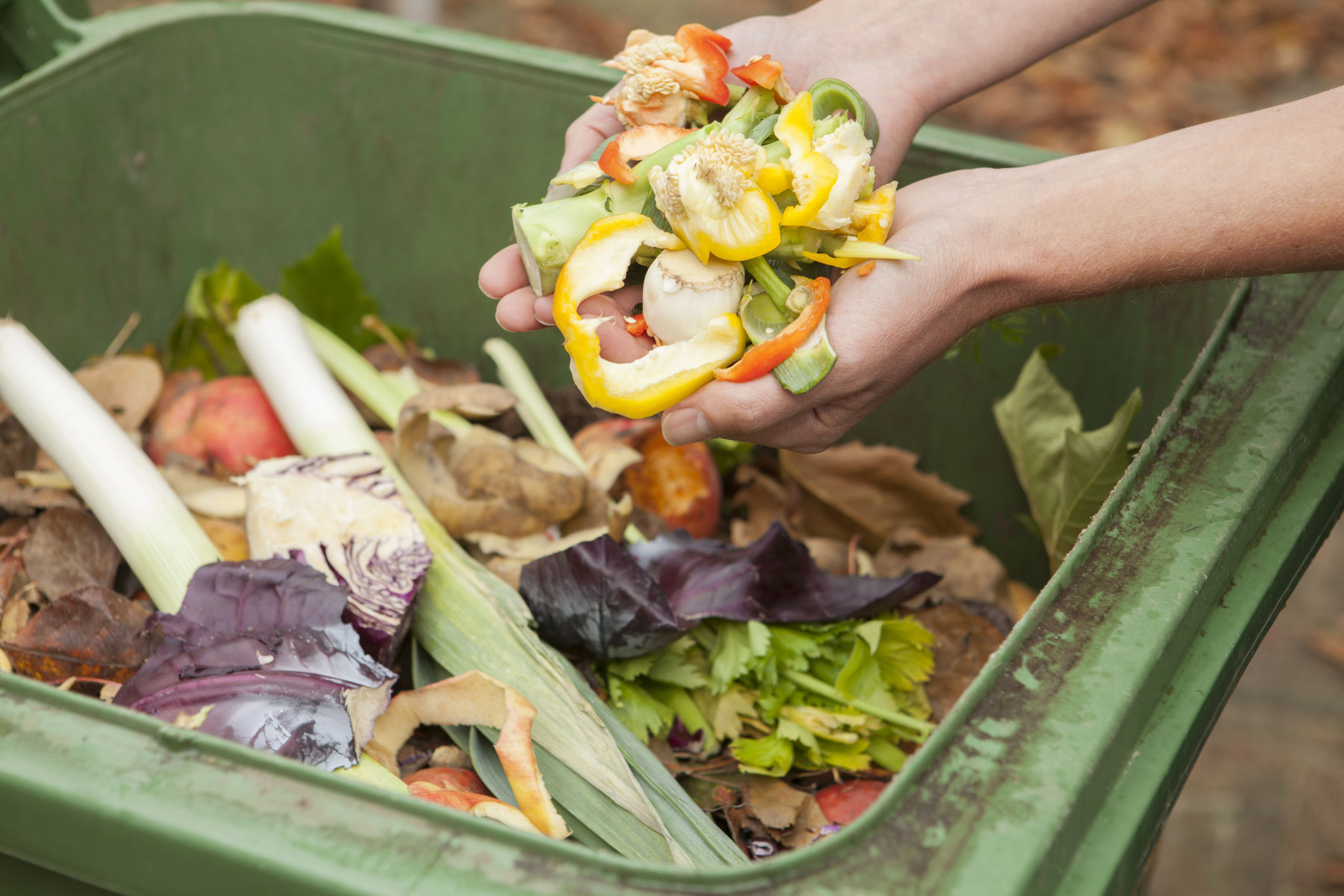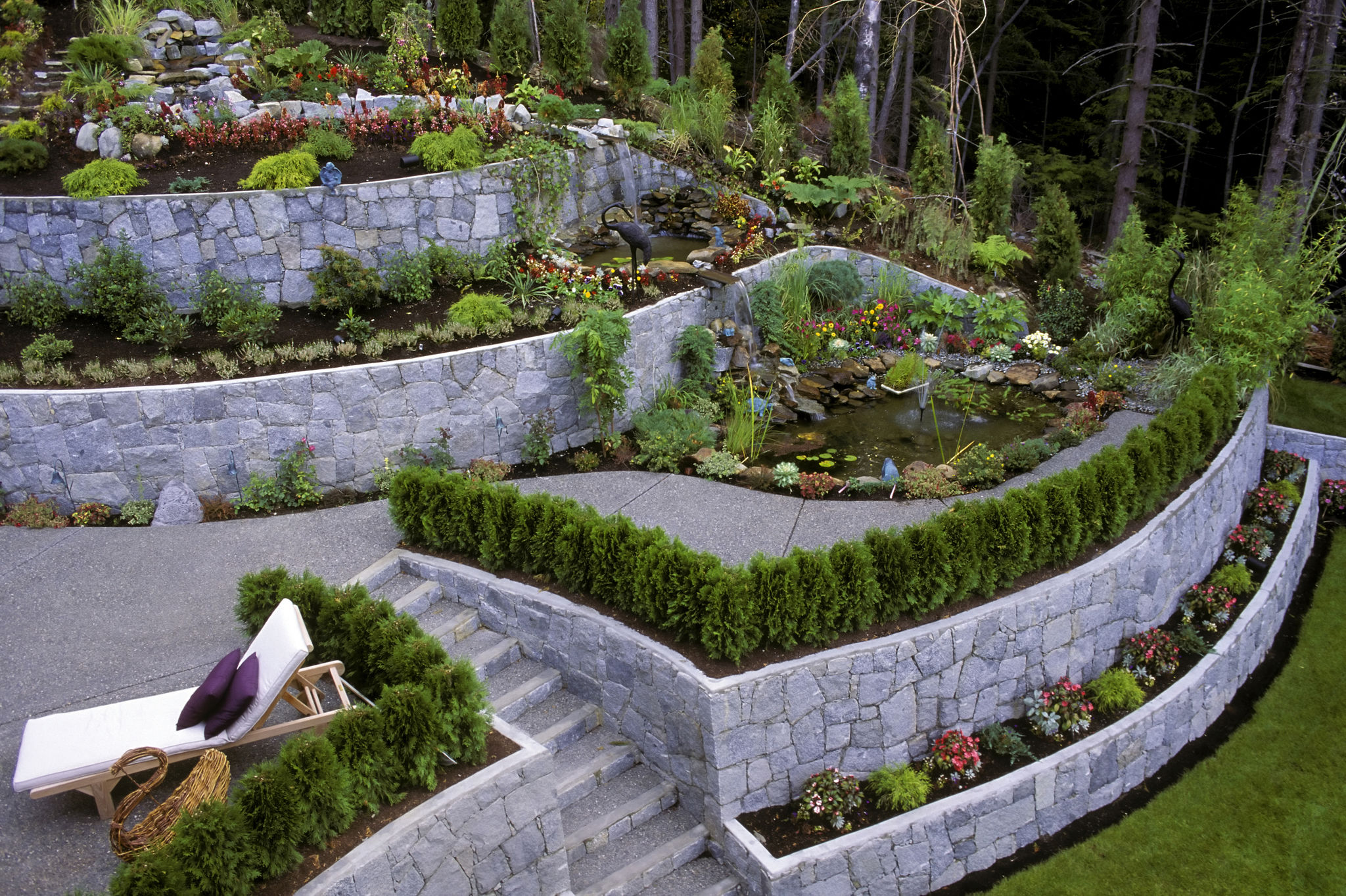DIY Tips for Small-Scale Yard Waste Collection
Understanding the Need for Yard Waste Collection
Managing yard waste can be a daunting task, especially for those with small gardens or limited outdoor space. Yard waste, including leaves, grass clippings, and branches, accumulates quickly, creating a need for efficient disposal methods. Proper collection not only keeps your yard tidy but also contributes to environmental conservation by reducing landfill waste.
Fortunately, there are several DIY methods that can help you manage your yard waste effectively. By employing a few simple strategies, you can transform your yard into a clean and organized space without the need for professional services.

Creating a Compost Bin
One of the most eco-friendly ways to handle yard waste is by starting a compost bin. Composting not only reduces the amount of waste you send to the landfill but also provides you with rich, organic fertilizer for your garden.
Steps to Build Your Compost Bin
To create your compost bin, you'll need a suitable container. This can be a simple wooden box or a store-bought compost tumbler. Here’s how you can get started:
- Select a location: Choose a spot in your yard that is easily accessible and receives some sunlight.
- Add materials: Start by adding layers of green (nitrogen-rich) materials like grass clippings and brown (carbon-rich) materials such as dry leaves.
- Maintain moisture: Ensure the compost pile is kept moist, similar to a damp sponge.
- Turn regularly: Aerate the pile every couple of weeks to speed up the decomposition process.

Using Mulching Techniques
Mulching is another effective way to manage yard waste. By using organic yard debris as mulch, you not only recycle waste but also provide essential nutrients back to your soil. Mulching helps retain soil moisture, suppress weeds, and improve soil health.
How to Create Mulch from Yard Waste
To create mulch, collect leaves, grass clippings, and small branches. Shred these materials using a lawnmower or garden shredder. Spread the shredded material evenly around plants and garden beds to keep them healthy and vibrant.

Organizing a Yard Waste Collection Schedule
Establishing a regular yard waste collection schedule is crucial for maintaining an organized garden. By dedicating specific days for yard cleaning and waste collection, you can prevent the buildup of debris.
Benefits of a Regular Schedule
Implementing a routine helps in managing the workload and keeps your yard looking its best throughout the year. It also aids in identifying any areas that need special attention or repairs promptly.
Repurposing Yard Waste Creatively
If you're feeling creative, why not repurpose some of your yard waste? Branches can be used to create rustic garden fences or trellises, while leaves can be collected for craft projects or nature-inspired decorations.
This approach not only reduces waste but also adds a personal touch to your garden’s aesthetics. Plus, it’s a fun activity that can involve family members of all ages.

By implementing these DIY tips for small-scale yard waste collection, you can maintain a clean and efficient outdoor space while contributing positively to the environment. Embrace these sustainable practices, and enjoy the benefits of a well-kept garden all year round!